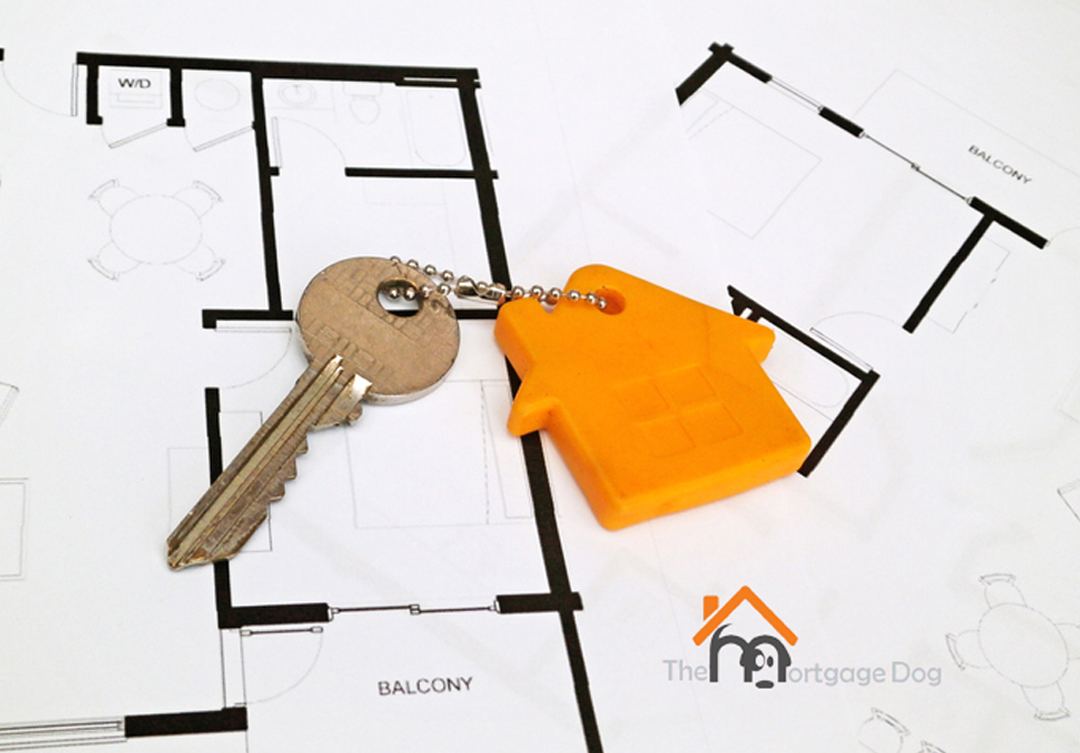
What you need to know about buying off-plan
More homes are being built or planned in the UK thanks to policy changes and fewer Covid issues – but what about buying off-plan?
When you buy off-plan you’re literally purchasing a house that doesn’t yet exist. The developer’s plans show you where it will be and there will be leaflets illustrating what it will look like. But the house you’re buying is not yet complete. Some will be still be a plot of land or just foundations, while others may be partially built.
We’ve already looked at the reasons for and against buying a new build home, but what about buying off-plan? Here’s all you need to know.
The pros and cons of buying off-plan
If the thought of buying a property that hasn’t yet been lived in appeals to you, you need to know about the advantages and pitfalls.
Pros
- Buying off-plan often means there are discounts available.
- Your home has never been lived in, so no dodgy decorating to correct.
- You receive a builder’s warranty, usually covering 10 years, if the builder is NHBC registered.
- Buying off-plan allows you to choose your favoured plot in the new development.
- The developer may allow you to choose your own white goods and other fixtures and fittings.
- Like any new build property, you won’t be in a ‘chain’, which is a bonus for first-time buyers.
- First-time buyers can access the government Help to Buy scheme until March 2023.
Cons
- If you are buying early in the development, you maybe living on a building site for a while.
- Construction delays are not uncommon and you may need to reapply for a mortgage if that’s longer than six months.
- Like any property purchase, the value of your new property may not increase. In fact, it may fall before it is complete.
- If the value drops this may affect your mortgage.
- Some lenders do not offer off-plan mortgages.
- Your idea of the finished property maybe different to what it actually becomes.
- Changing your mind means you will lose your reservation fee.
- Failing to complete the purchase could lead to legal action against you.
Buying off-plan and mortgages
Some lenders are reluctant to offer mortgages to those buying off-plan. Using a broker, such as The Mortgage Dog, means they will know which lenders are best so you save time when looking for a mortgage.
The other issue is the length of time between your mortgage offer and completion. Most lenders’ offers are only for six months and once that time lapses you need to reapply.
Asking for a definitive construction timeline is advisable as is requesting a get-out clause prior to exchanging contracts. This means should the build drag on, you can walk away and have your deposit returned if construction delays mean you can no longer fund the purchase.
As with any mortgage, the lender will need a valuation before they offer a loan. The difference with buying off-plan is that they usually request a second valuation once the building work is complete.
If there is a shortfall between the first and second valuation, you will need to make a decision. Will you bridge the shortfall yourself or haggle with the developer to lower the asking price?
Payment timeline
Buying off-plan means you usually pay a reservation deposit. Things can move fast and the developer may even expect to exchange contracts within 28 days.
At this point, a further deposit will be taken, usually around 10% of the asking price. As with any property purchase, once the moving dates are finalised, the lender pays the vendor (called drawdown), in this case the developer. You then pay your mortgage in the same way as buying in a more conventional manner.
Stamp duty will need to be paid on your property, too. You can work this out using the government’s calculator. First-time buyers do not pay stamp duty on properties valued up to £300,000.
If you are buying off-plan and want help with your mortgage and advice about the process, you can contact our team today.
Your home may be repossessed if you do not keep up repayments on your mortgage
